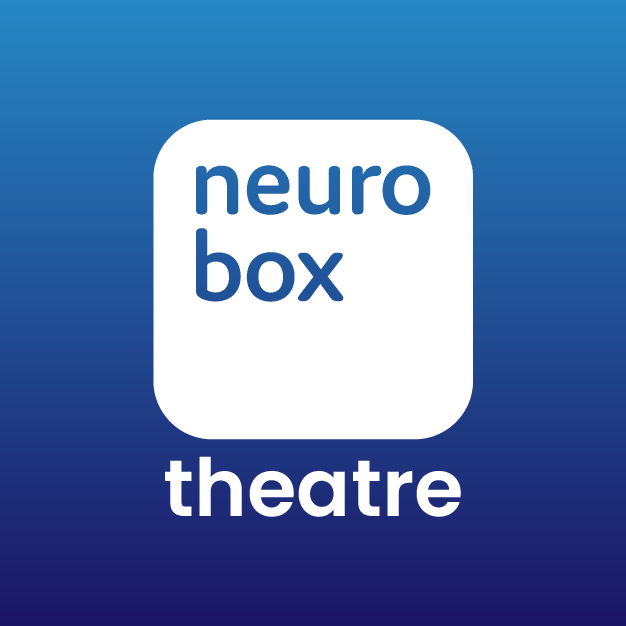Kirsty Heap
Danielle Cudjoe-Michalski
Panel discussion: Exploring Experiences and Strategies
Exploring diverse dyslexic experiences across different life stages and intersections. Join Kirsty and Danielle for an insightful shared stories perspective.
- Dive into dyslexia's impact: diagnosis, emotions, and career divergence insights.
- Explore intersectionality: how intersectionality impacts in dyslexic experiences and support.
- Unlock dyslexia coaching: strategies, benefits, and the power of support.
- Corporate vs. Education: How dyslexia influences diverse career trajectories.
- Join the conversation: Varied dyslexic experiences, coaching, and career insights.
Embark on a comprehensive exploration of dyslexia's impact in professional settings with Kirsty Heap from Kirsty Heap Coaching and Danielle Cudjoe-Michalski from Thinking Light Coach with our panel discussion at the Neurobox Theatre. Uncover the diverse experience of dyslexia across life stages, emphasising intersectionality and unique encounters. From varied ages and stages of diagnosis to the emotional implications of receiving such a diagnosis, our panel delves into the challenges and triumphs faced in both corporate and educational paths. Learn about strategies for success, the influence of variety of cultures and backgrounds, and the transformative power of dyslexia coaching. This discussion promises insights into fostering an inclusive workplace and the significance of self-awareness. At the end, you will be able to ask our panel questions your questions and engage in a free question-and-answer session.
Room:
Paddy McGrath
Testing Times - Supporting Dyslexia in Exams
Join us to understand how best to support Dyslexia in exams and across the year through access arrangements.
- JCQ Compliant access arrangements
- Computer Readers and Scribes - the what, why and how!
- The future of online assessments - supporting Dyslexia
Join us to understand how best to support Dyslexia in exams. Using technology, we’ll explore a range of tools and supports that can be put in place all year round to help with reading, writing and study which can then be taken into the exam hall as an access arrangement. We’ll see the ‘why’ and the ‘how’ understand how to qualify and request support aligned with the JCQ arrangements for ‘Computer Readers’ and ‘Scribes’ for safe, secure and compliant exams. We’ll take a look forward to online exams and explore the need to advocate for accessible and supportive access. If you're a parent, Exams Officer or SENDCo, this is your practical guide to everything you need to know for exams and access arrangements support both now and in the future, leaving you armed with the knowledge you need to advocate for all.
Room:
Liam Pettit
How Visual Planning with MindView can Unlock Success for Dyslexic Users
Mind mapping is one of the most recommended strategies to support individuals with neurodiversity, as it helps overcome barriers that can affect stress levels and personal productivity.
- Visualising ideas and organising information
- Project planning, scheduling, and project delivery
- Writing reports and extended documents
- Presentation planning and delivery
- Learning and organisation development
Mind mapping allows people to develop their ideas in a non-linear fashion and work visually. This strategy is proven to help better organize information, process large amounts of data and dramatically improve memory recall.
During this seminar Liam will explore how Mind Mapping with MindView can help boost your productivity and improve communication.
Room:
Dr Richard Purcell, Carescribe
Unlocking the Value of Your Neurodivergent Workforce
From Unique Minds to Unified Teams: Unlocking the Value of Your Neurodivergent Workforce
- What is neurodiversity
- The benefits of neuroinclusion in the workplace
- Disclosure in the workplace and psychological safety
- Gaining buy-in from senior leadership
- The role of assistive technology
In an era that celebrates diversity and recognises the strength of unique perspectives, organisations are increasingly focusing on unlocking the untapped potential within their neurodivergent workforce. In this Q&A session, Dr Rich Purcell will draw on his lived experience to answer the questions many organisations have about how to support and celebrate neurodiversity in the workplace. There will also be time for the audience to put their own questions to the speaker.
Room:
Chris Collier
An introduction to Disabled Students' Allowance funding
An introduction to the DSA and how students going to university can benefit from it.
The Disabled Students' Allowance (DSA) is support for students studying at Higher Education level to help with any additional study-related costs incurred due to a disability. It includes support for dyslexia, dyspraxia, dyscalculia and ADHD and does not need to be paid back.
The support is provided in the form of Assistive Technology hardware, software and human support (known as non-medical help). Students are required to provide medical evidence to their funding body in order to be made eligible for the DSA.
This talk will explain how to apply for the DSA, what the process involves and will give examples of what support students can receive. There will be time for questions at the end of the presentation.

